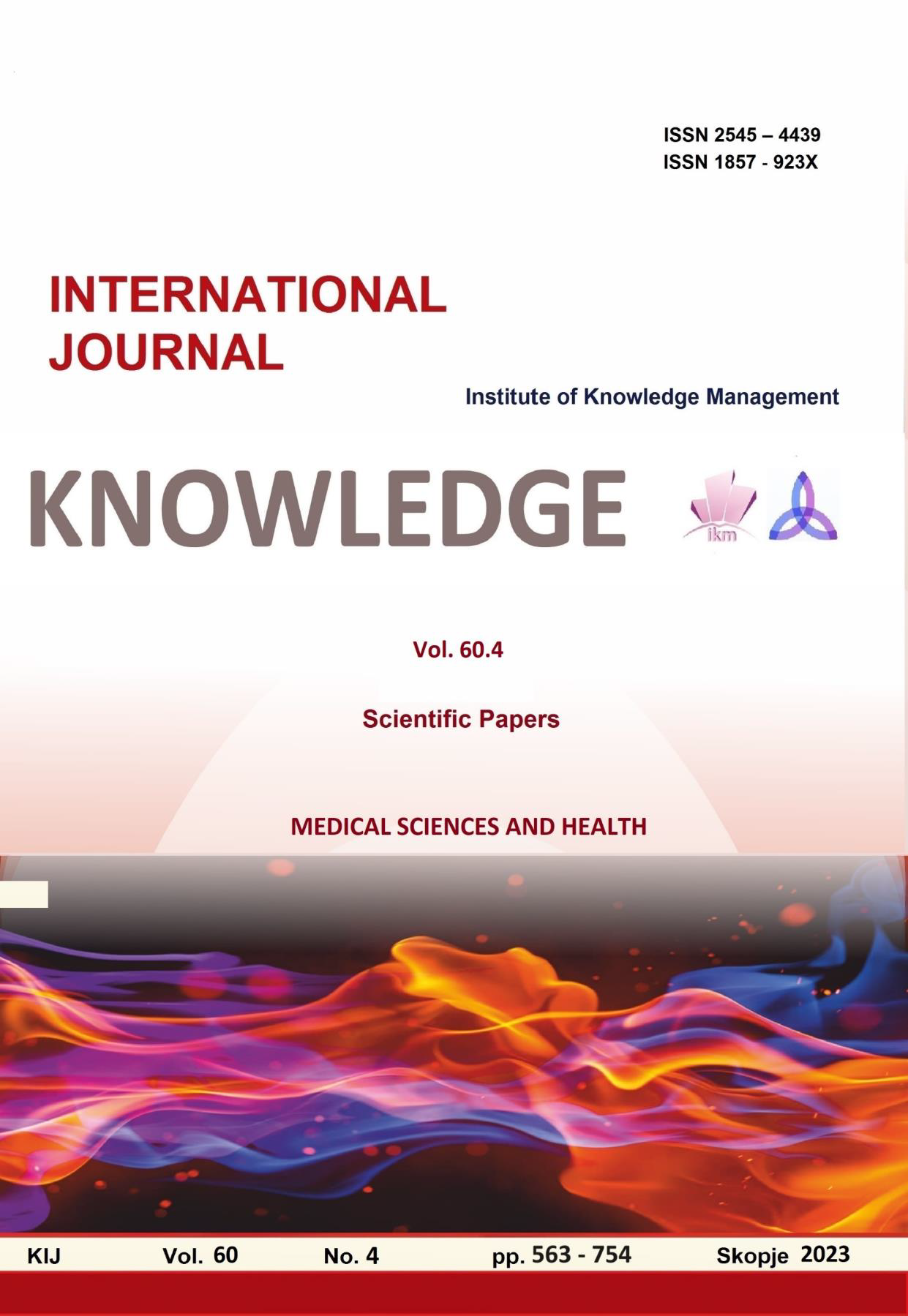THE PAEDIATRIC PATIENT – A CHALLENGE FOR THE PROFESSIONAL IN THE CLINICAL LABORATORY
THE PAEDIATRIC PATIENT – A CHALLENGE FOR THE PROFESSIONAL IN THE CLINICAL LABORATORY
Author(s): Mariya Proshenska, Penka Argilashka, Mariya Kukularova, Mariya SaykovaSubject(s): Social Sciences, Sociology, Health and medicine and law
Published by: Scientific Institute of Management and Knowledge
Keywords: Professional activity;medical laboratory assistant;children;specificity;difficulties
Summary/Abstract: In their professional activity medical laboratory assistants conduct a full array of lab tests by following established protocols for preparing the patient for tests and phlebotomy which do not account for the patient’s age. However children are not just small adults. They have their specific characteristics which require special attention by the medical care professional. And if for those working in primary and hospital pediatric care, this specificity is well known and practiced, for specialists outside this practice, it still remains a real challenge. This current study is trying to establish: to what extent is the medical laboratory professional knows the specifics of working with child patients; are there difficulties and what is their essence; are new competencies necessary or is it sufficient to expand those laid down in the training program? For this purpose a cross-sectional research amongst 67 subjects was carried out, out of which 27 were students training to be medical laboratory assistants and 40 were qualified medical laboratory assistants currently employed in the healthcare system. Data was gathered using sociologic methods (interview, survey) and statistic analysis (corelational and graphic analysis) for processing and presenting the results of this study. The following variables were monitored – years of professional experience in working with paediatric patients and types of difficulties encountered – work specifics (phlebotomy, acquiring informed consent), working with special needs children (hyperactive, aggressive, children with mental or general health problems, disabled children), absence of awareness and participation by the parent/legal guardian. The data showed weak corelation between the years of experience in working with children and the difficulties encountered by the medical lab professional when working with paediatric patients. Statistically significant factors that influence this relation are: working with special needs children (46.3%) and phlebotomy (38.8%) as a part of the specifics of work. The absence of awareness and participation by the parent/guardian to provide supporting environment in the work with paediatric patients does not have a significant effect on the difficulties experienced by the medical laboratory assistants regardless of their professional experience. This study is most relevant to the medical laboratory assistants directly engaged in work with children and also to the Medical colleges as the educating party. The professional experience is important but not sufficient. The correct approach to minimize the challenges is to expand the competencies for working with child patients through training in an academic environment, which (competencies) through future professional practice will be refined and reinforced.
Journal: Knowledge - International Journal
- Issue Year: 60/2023
- Issue No: 4
- Page Range: 605-610
- Page Count: 6
- Language: English

